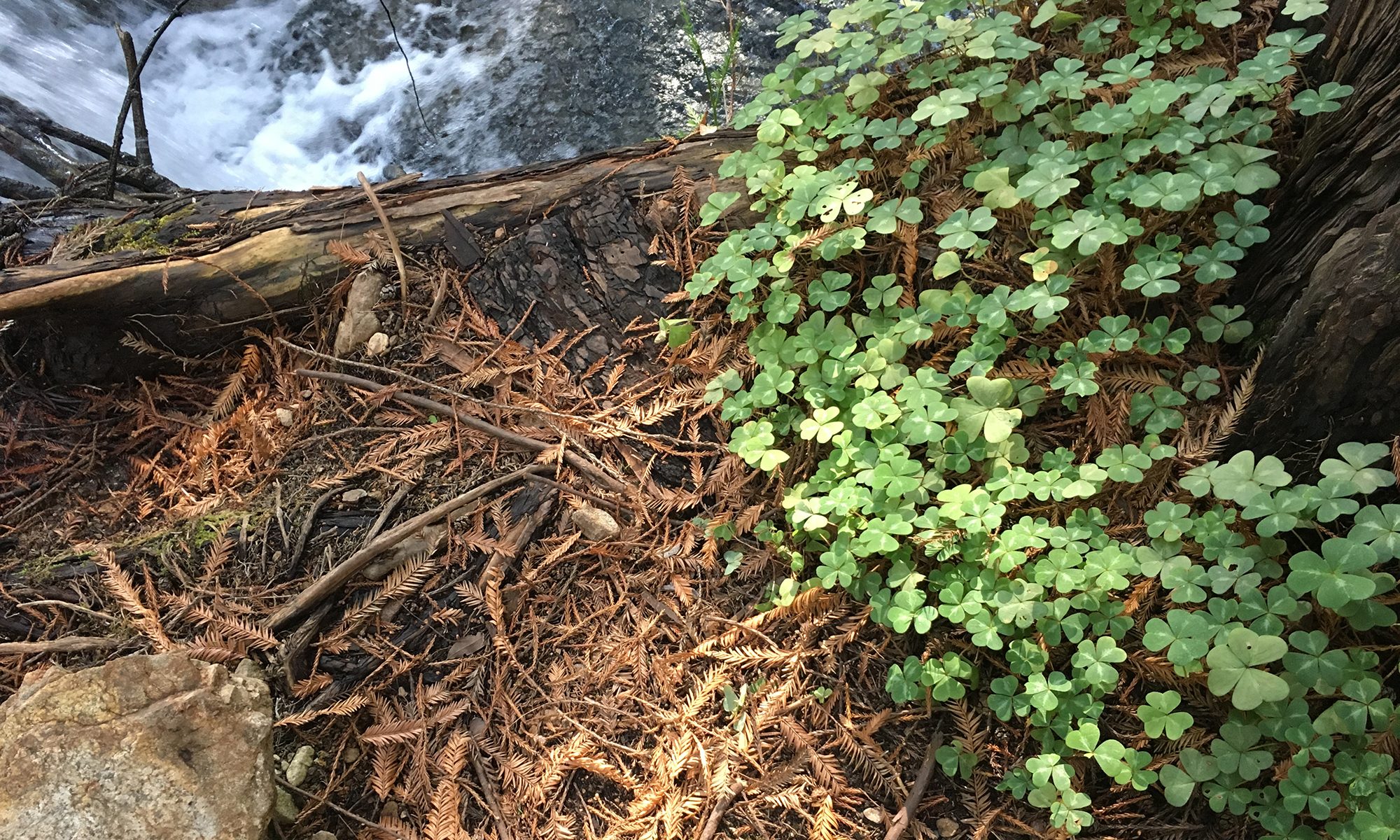
Some thoughts on Atlas: a slow thread
What is the origin of an idea? Does it suddenly appear fully formed, finely rendered? Or does it slowly emerge, haltingly, in brief moments of promise? And once the idea takes root, does it thrive under our custody? Do we change the nature of its telling?
The telling of the Atlas idea has been the practice of change. Its form is manifold: Atlas is a long poem; Atlas is a sequence of poems; Atlas is an arrangement of texts with carefully considered line breaks. Atlas is a map that refers to, depends on, other maps.
Atlas emerged before it was named. An early sign was a morning walk: Retro Row to Carroll Park, east on 3rd, 4th, 6th, and 7th through the three Heights (Bluff, Belmont, and Alamitos). A walk of 7,163 paces, crossing from the LA river floodplain to the San Gabriel River watershed.
The same walk repeated for years, with the drifting attention typical of the ordinary commute. What do we think about on such a walk? What happens when we shift our focus to the walk itself, the steps involved, the sounds we hear?
A sound occurs along our walk. Does it merge with countless others in the turbulence of our inattention? Or do we take notice? Do we trace the sound back to its source? Do we recognize the singularities of the ordinary? The magical in the mundane?
Crow. Bell on cat collar. Car accelerates through a turn. Wind in palm tree fronds. Water courses through sprinkler pipes. Pine needles under foot. Flagpole chain knocks against pole. A voice in the distance.
As with the breath, we follow each sound until the next. While minding the soundscape, an idea emerges; before these sonic experiences fade to memory, we register the minutiae of these auditions, take pen to paper in witness.
The list grows to 1,326 entries, some elaborately specific, like the man on an office chair propelling himself with ski poles. Others painfully generic, as in “bird.” What bird, exactly? A spotted towhee? A black phoebe? (My heightened attention exposes my ignorance.)
The taxonomy lacks scientific rigor, at best, but something in the roll call of sources, the slippage between the words and the experiences they point to, suggests a purpose beyond documentation.

You must be logged in to post a comment.